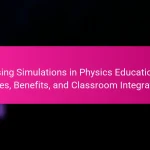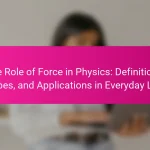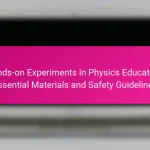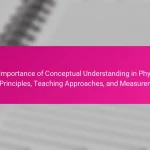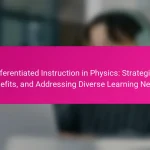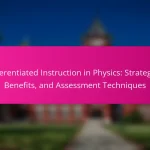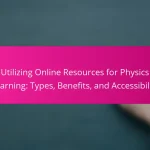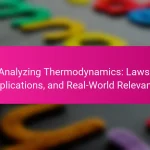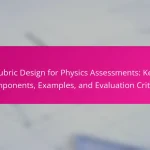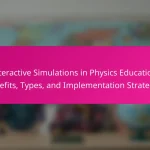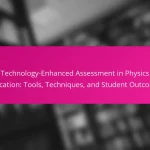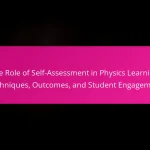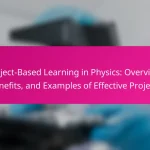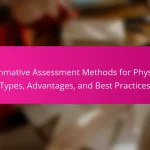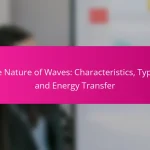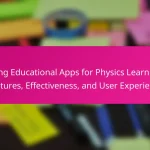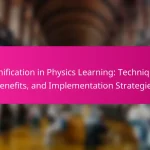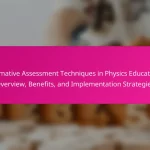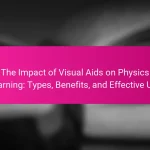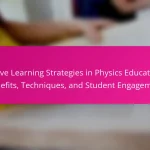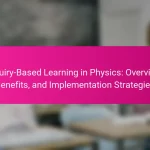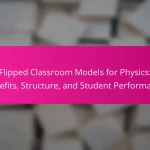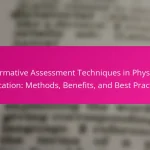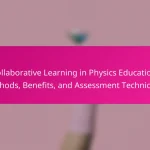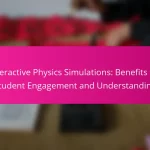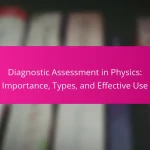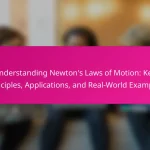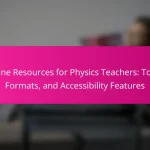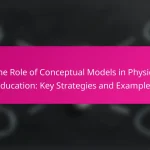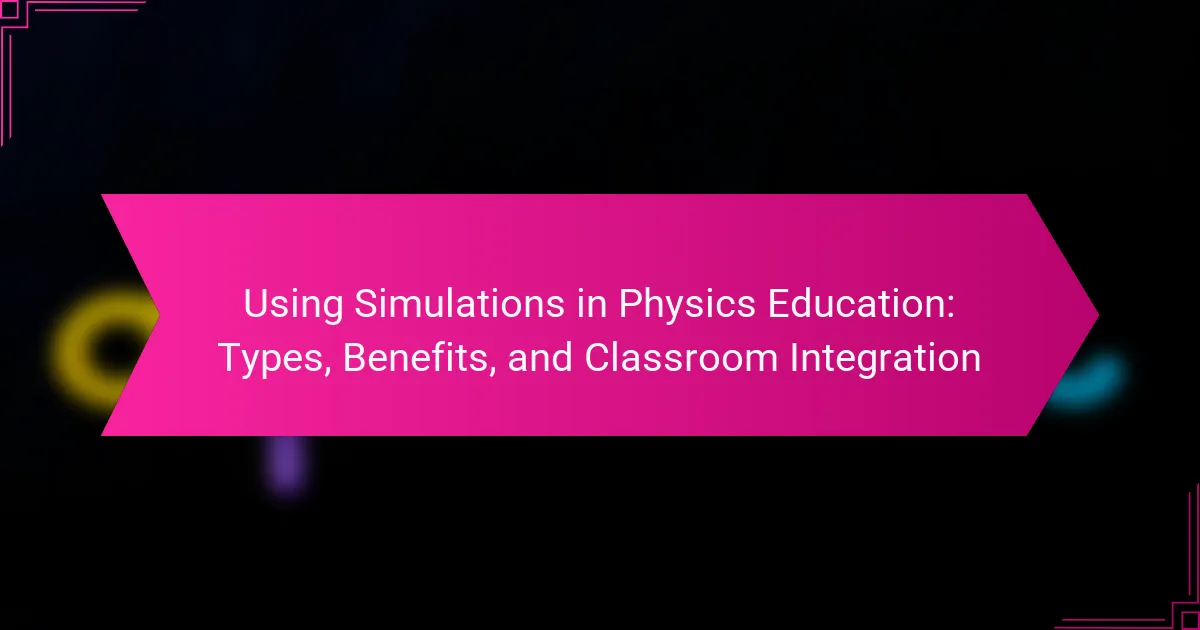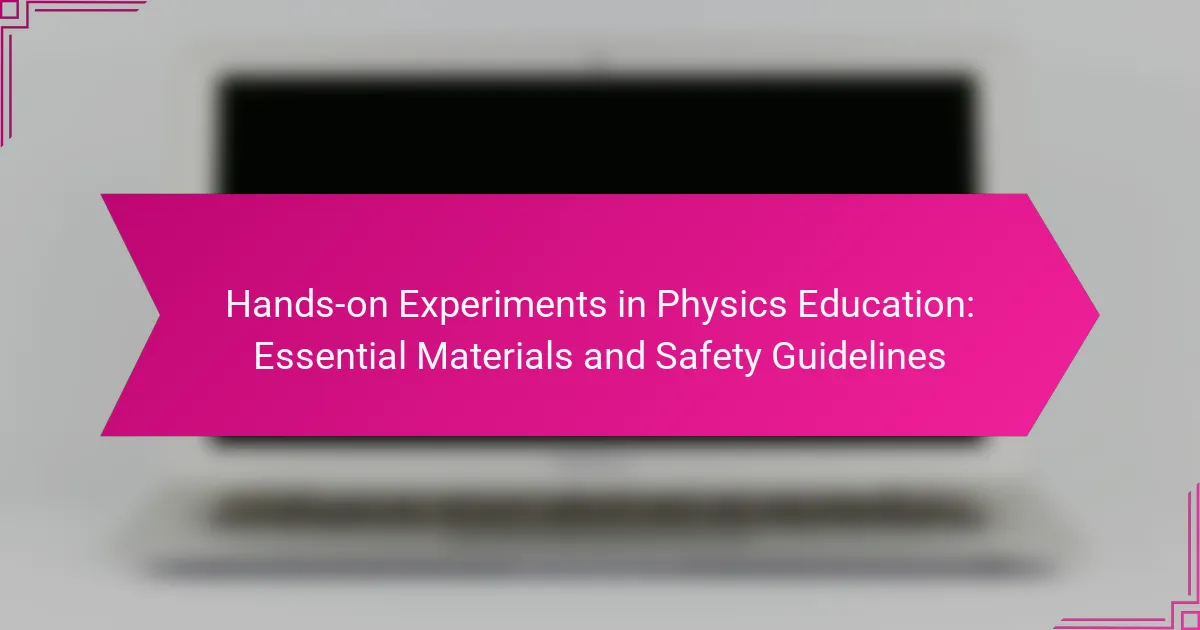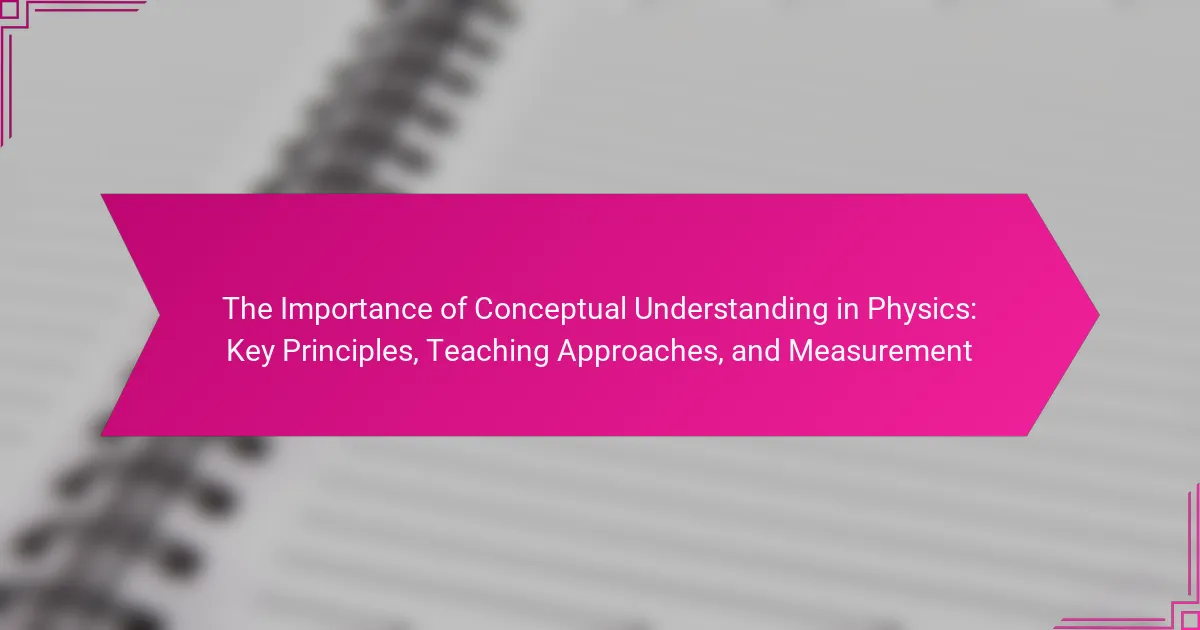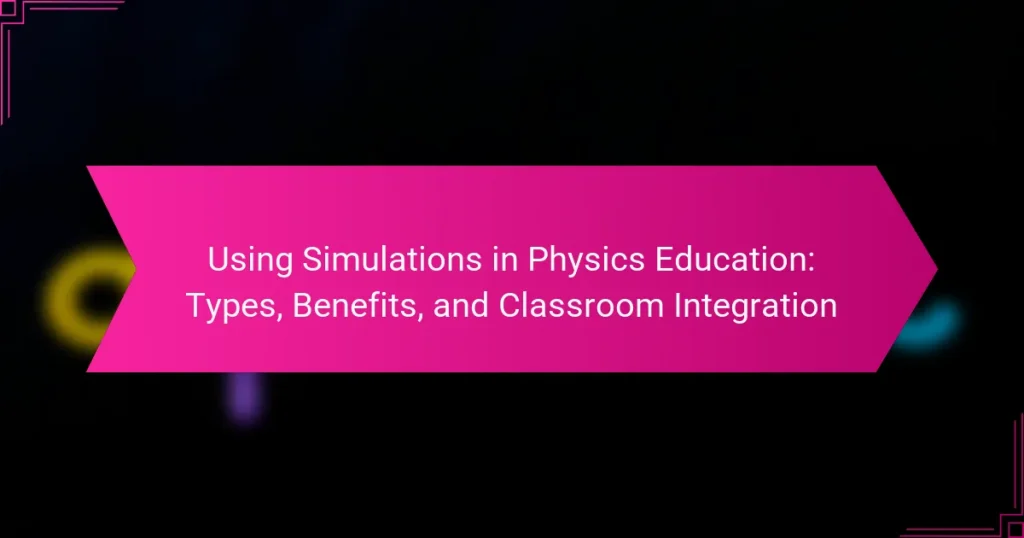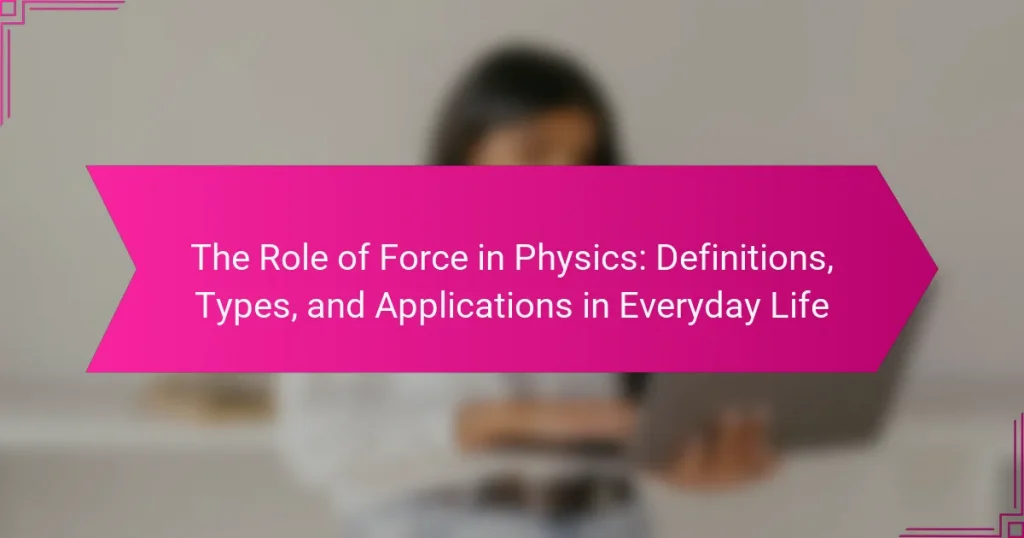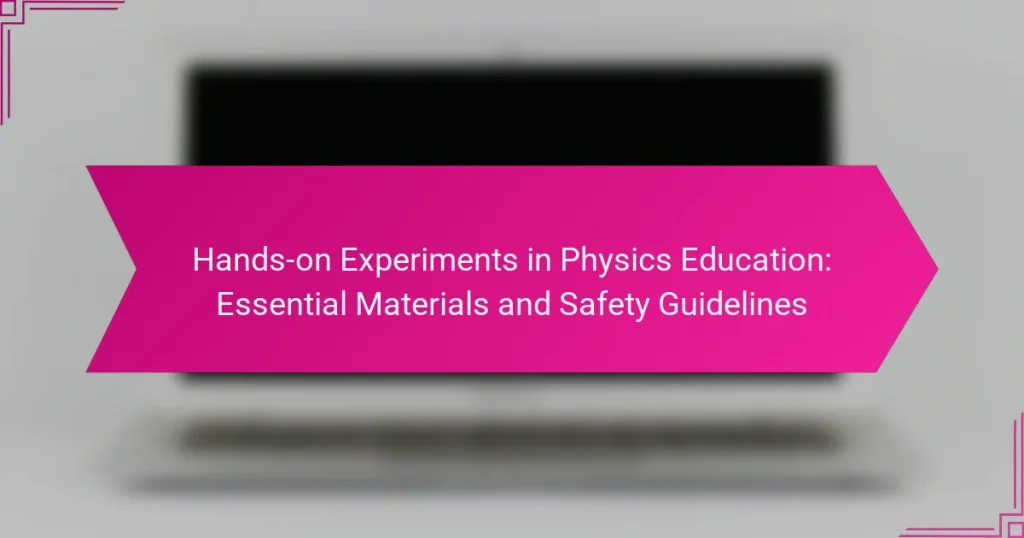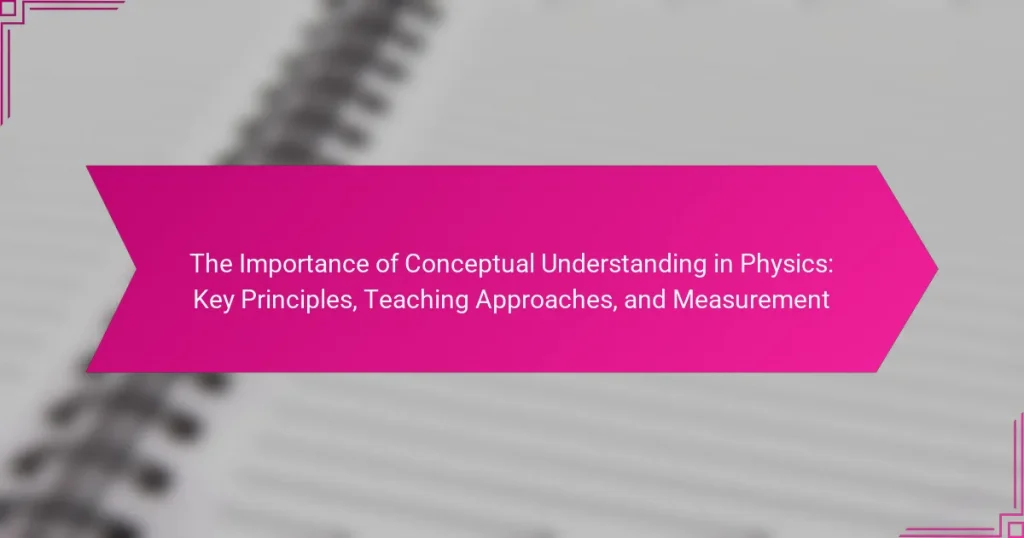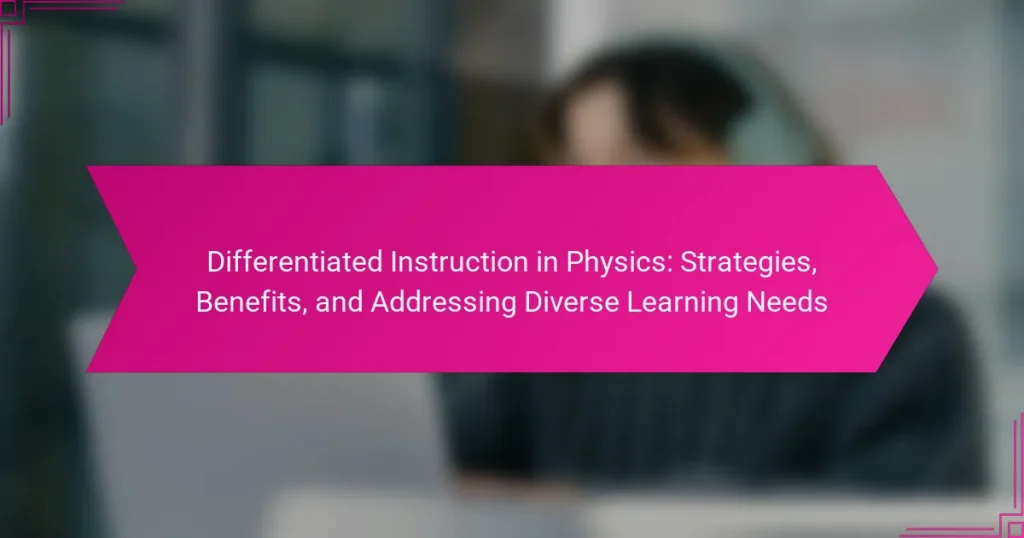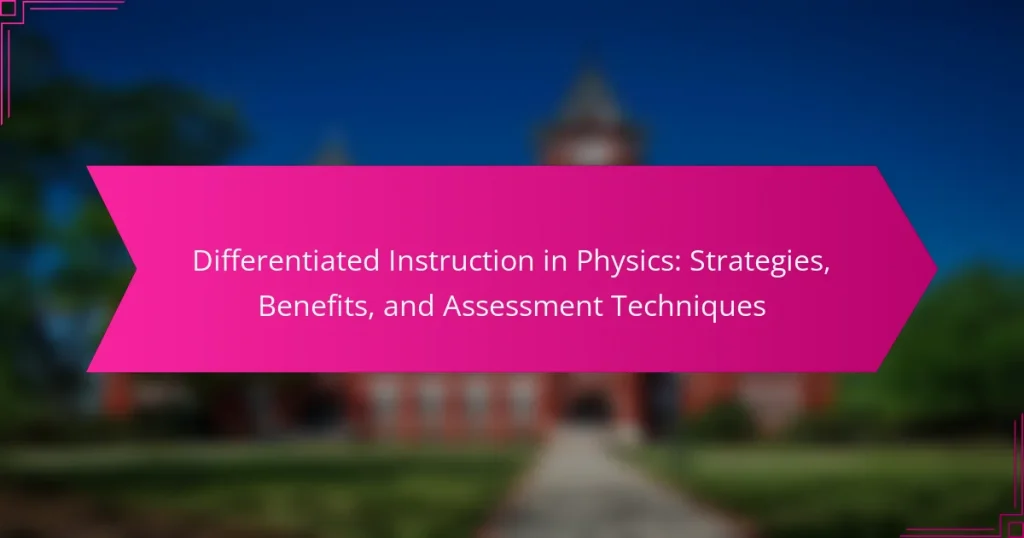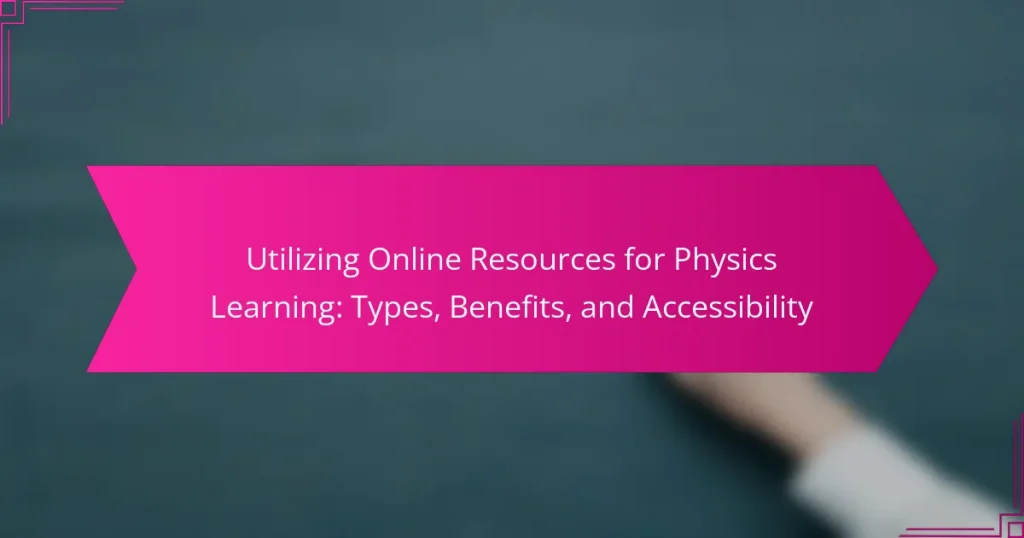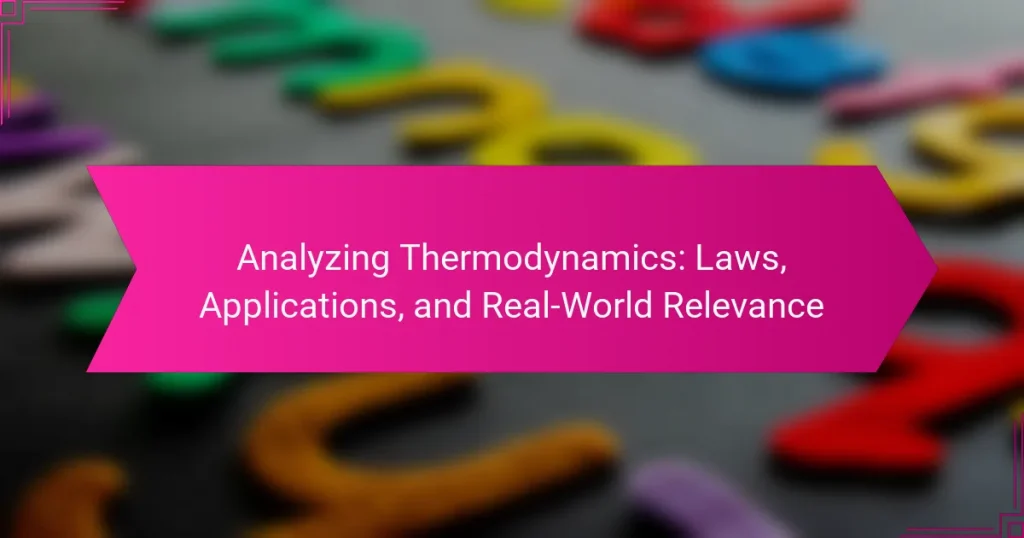Welcome to Maixua - Your Gateway to Physics Education
At Maixua, we believe that the wonders of physics should be accessible and engaging for everyone. Whether you're a student seeking help with your studies, a teacher looking for innovative resources, or just a curious mind eager to learn, you’ve come to the right place! Our platform is dedicated to making complex physics concepts understandable and enjoyable through dynamic content and interactive tools.
Join our community of learners as we delve into the fascinating world of physics. From the principles of motion to the mysteries of the universe, our comprehensive resources are designed to ignite your curiosity and enhance your understanding. Explore our curated lessons, engaging tutorials, and real-world applications that make learning physics an exciting adventure!
Explore Our Key Features
- In-depth Lessons on Core Physics Topics
- Interactive Tutorials and Simulations
- Resourceful Blogs and Articles
- Practice Problems with Step-by-Step Solutions
- Community Forum for Collaborative Learning
Simulations in physics education are interactive models designed to replicate physical phenomena, enabling students to visualize and manipulate complex concepts. These tools enhance understanding through hands-on experiences and are effective…
Force is a fundamental interaction in physics that causes an object to change its velocity, leading to acceleration, deceleration, or a change in direction. This article explores the definitions and…
Hands-on experiments in physics education are interactive activities that enable students to directly engage with physical concepts through manipulation of materials and real-time observation of outcomes. These experiments enhance understanding…
Conceptual understanding in physics is essential for students to grasp fundamental principles and apply them to real-world scenarios. This understanding enhances critical thinking and problem-solving skills, leading to improved performance…
The electromagnetic spectrum encompasses the full range of electromagnetic radiation, including radio waves, microwaves, infrared, visible light, ultraviolet, X-rays, and gamma rays. Each type of radiation is characterized by its…
Differentiated instruction in physics is an educational strategy designed to cater to the diverse learning needs of students by modifying teaching methods, materials, and assessments based on individual learning profiles.…
Differentiated instruction in physics is an educational approach that adapts teaching methods, materials, and assessments to accommodate the diverse learning styles and abilities of students. This article explores various strategies…
Relativity is a fundamental theory in physics, primarily formulated by Albert Einstein, consisting of two key components: special relativity and general relativity. Special relativity, established in 1905, focuses on the…
Online resources for physics learning encompass various platforms, including websites, video lectures, and interactive simulations, which enhance educational accessibility and engagement. Key resources include Khan Academy for structured courses, MIT…
The article focuses on the laws of thermodynamics, which are the foundational principles governing energy transfer and the behavior of physical systems. It outlines four main laws: the zeroth law…
